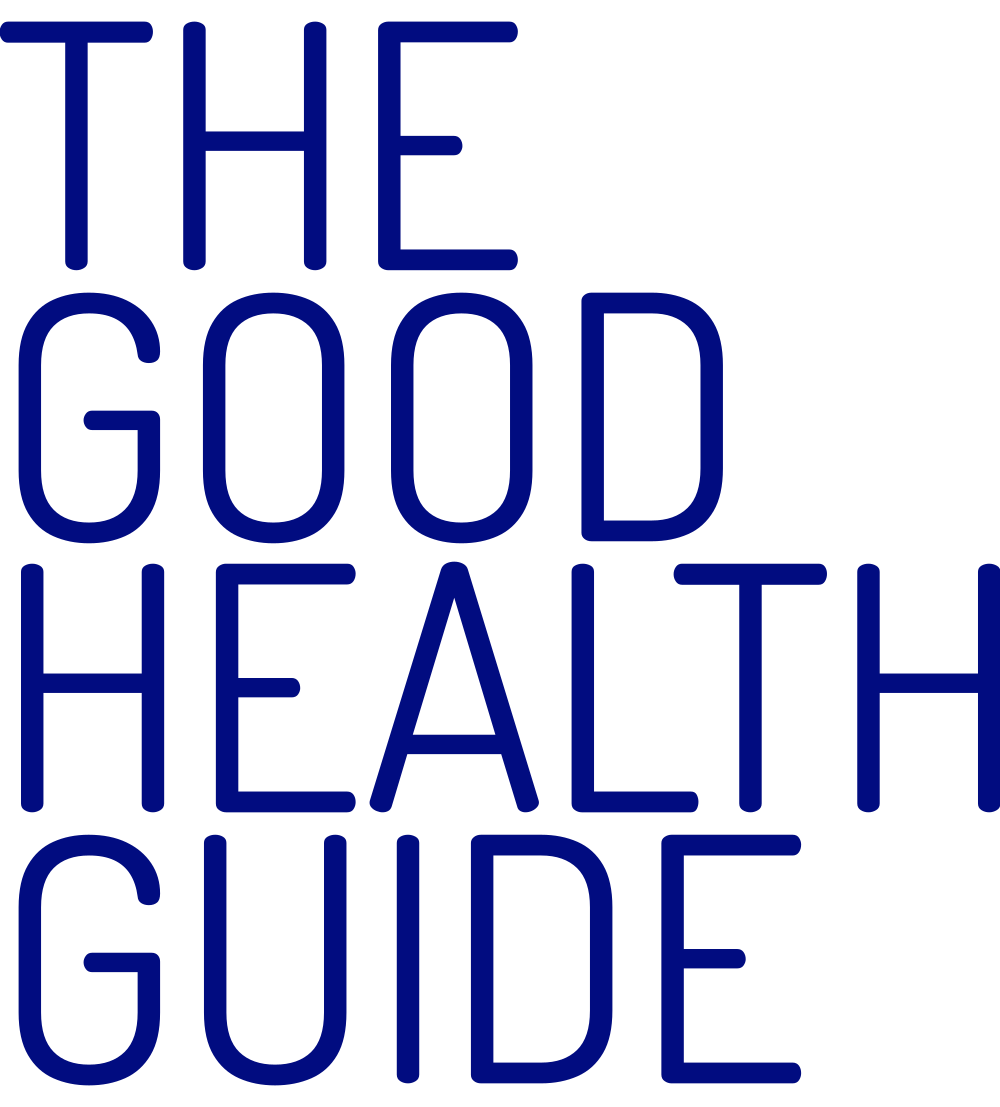Maintaining a healthy heart is crucial for a long and fulfilling life. One of the most effective ways to promote heart health is through a balanced diet. What you eat plays a significant role in determining your heart’s well-being. To help you on your journey to a stronger heart, we’ve compiled the top five diet tips that can make a real difference.
Embrace Heart-Healthy Fats:
Contrary to the outdated belief that all fats are bad for you, your heart actually needs healthy fats to function optimally. Incorporate sources of monounsaturated and polyunsaturated fats into your diet, such as avocados, nuts, seeds, and fatty fish like salmon and mackerel. These fats can help lower bad cholesterol levels and reduce the risk of heart disease.
Load Up on Fiber:
Dietary fiber is an unsung hero when it comes to heart health. It helps lower cholesterol levels, regulates blood sugar, and promotes a healthy weight – all factors that contribute to a stronger heart. Include plenty of fiber-rich foods in your diet, such as whole grains, fruits, vegetables, legumes, and nuts. Aim for at least 25 grams of fiber daily.
Watch Your Sodium Intake:
Excessive salt consumption can lead to high blood pressure, a major risk factor for heart disease. Be mindful of the sodium content in your meals by reading food labels and opting for low-sodium or salt-free seasonings. Reducing your sodium intake can help lower blood pressure and protect your heart.
Choose Lean Proteins:
Protein is essential for overall health, but not all sources of protein are created equal. Opt for lean protein sources like skinless poultry, lean cuts of beef or pork, tofu, and legumes. These options are lower in saturated fat, which can contribute to clogged arteries and heart disease. Additionally, fish like salmon and trout provide omega-3 fatty acids, which are known to reduce the risk of heart disease.
Limit Added Sugars:
Excess sugar in your diet can lead to obesity, diabetes, and heart disease. Reduce your intake of sugary beverages, snacks, and desserts. Instead, satisfy your sweet tooth with whole fruits or small amounts of dark chocolate, which contains heart-healthy antioxidants. Be vigilant when checking food labels, as added sugars can be hidden under various names.
Conclusion:
Your heart is a vital organ that deserves the best care possible. By following these top five diet tips, you can take proactive steps to promote a stronger heart and reduce the risk of heart disease. Remember that a heart-healthy diet is just one piece of the puzzle – regular exercise, stress management, and not smoking are also crucial components of a heart-healthy lifestyle. Make these changes gradually, and consult with a healthcare professional for personalized guidance on maintaining a strong and healthy heart.
Frequently Asked Questions (FAQs) about Heart-Healthy Diets
Why is a heart-healthy diet important?
A heart-healthy diet is essential for reducing the risk of heart disease, which is a leading cause of death worldwide. What you eat directly impacts your heart health by affecting cholesterol levels, blood pressure, and other risk factors.
What are heart-healthy fats, and why are they important?
Heart-healthy fats, such as monounsaturated and polyunsaturated fats found in avocados, nuts, and fatty fish, can help lower bad cholesterol levels and reduce the risk of heart disease. They also support overall heart function.
How does dietary fiber benefit heart health?
Dietary fiber helps lower cholesterol levels, regulate blood sugar, and maintain a healthy weight – all of which contribute to a stronger heart. It also aids in digestion and promotes a feeling of fullness, which can help control calorie intake.
What’s wrong with consuming too much sodium?
Excess sodium intake can lead to high blood pressure, a major risk factor for heart disease. Reducing sodium in your diet can help lower blood pressure and protect your heart.
What are lean protein sources, and why should I choose them?
Lean protein sources, like skinless poultry, lean cuts of meat, tofu, and legumes, are lower in saturated fat, which can contribute to clogged arteries and heart disease. Fish, such as salmon and trout, provide omega-3 fatty acids that are beneficial for heart health.
How can I reduce added sugar in my diet?
To reduce added sugar intake, limit sugary beverages, snacks, and desserts. Instead, opt for whole fruits or small amounts of dark chocolate for a sweet treat. Be vigilant when reading food labels, as added sugars can be listed under various names.
Can I still enjoy my favorite foods while following a heart-healthy diet?
Yes, you can enjoy your favorite foods in moderation. The key is to make healthier choices most of the time and reserve indulgences for occasional treats. Small changes can make a big difference in your overall heart health.
How do I start incorporating these dietary tips into my lifestyle?
Start gradually by making one or two changes at a time. For example, you could begin by adding more fruits and vegetables to your meals, choosing whole grains over refined grains, or cooking with healthier fats. Seek guidance from a healthcare professional or nutritionist for personalized advice.
What are some other lifestyle factors that contribute to a strong heart?
In addition to a heart-healthy diet, regular exercise, stress management, and avoiding smoking are crucial components of a heart-healthy lifestyle. These factors work together to support overall cardiovascular health.
Should I consult a healthcare professional before making dietary changes?
It’s a good idea to consult with a healthcare professional or registered dietitian before making significant dietary changes, especially if you have existing health conditions or specific dietary needs. They can provide personalized guidance tailored to your unique circumstances.

